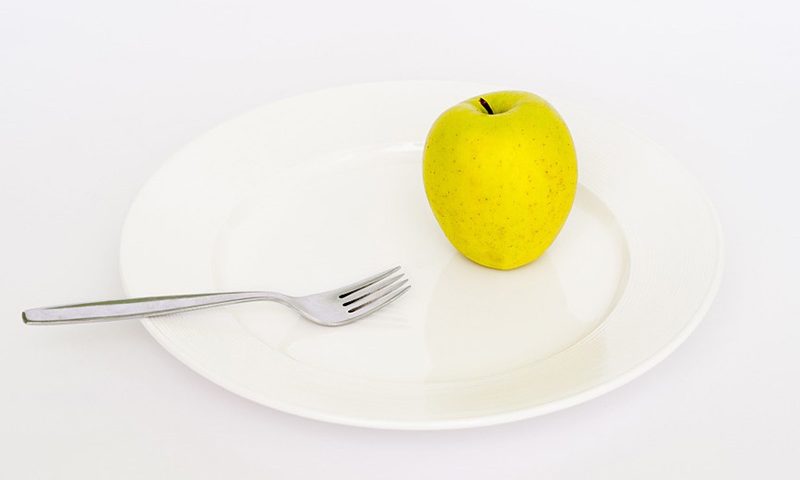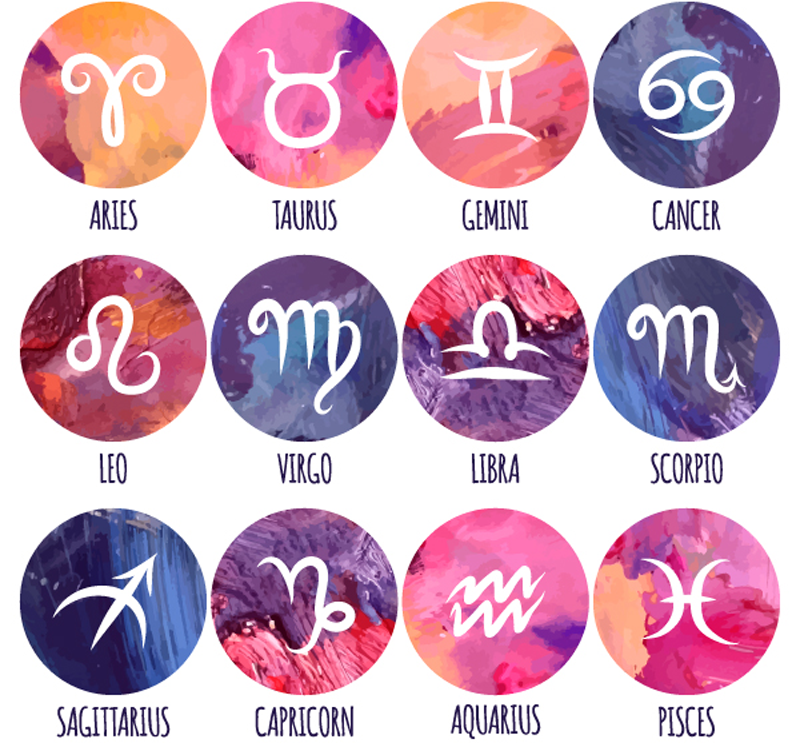
Chinese Herbal Medicine – Interesting Facts
September 22, 2017
Hatha Yoga – Basics, History, Benefits
September 22, 2017Ekadasi Fasting – what is it and benefits of fasting

Ekadasi Fasting - What is it and Benefits of Fasting | Ana Heart Blog
While to some, fasting may seem like an extreme process, intermittent fasting has the potential to boast many benefits to our overall health and well-being. Ekadasi fasting involves an individual using the position of the moon to advise which days will be best for them to refrain from eating. Even among the experts, this interesting topic is one that has the ability to divide even the most professional opinions. If you ever wondered about the benefits you can gain from fasting, then you’ve come to the right place. In this article, we will discuss everything from the biological aspects of fasting to the spiritual beliefs, both of which are rich and anecdotal.
Can Fasting be Healthy?
Although the thought of not eating for an entire day may seem bad for the body, in today’s age of excess, a break can actually be quite healthy. Consuming plenty of water and eating lighter foods can be the perfect way to kick-start a health boost. This process can aid us in taking away many temptations from our lives, which we know is bad for our health. Various diets, such as the intermittent fast diet and the 5:2 diet, advise you to pace your eating and to sometimes have days without food at all. These western diets are seen as acceptable while eastern fasting practices are seen as extreme. Fasting has been thoroughly researched by both western and eastern scientists, though it is still hard to tell whether it’s a healthy or unhealthy practice.
Many of the worlds oldest religions contain an element of fasting – with Ekadasi and Ramadan fasting being just a couple of examples. Although nobody is forced to take part in these practices, the feeling of community can often encourage them to get through the process as a collective rather than on their own as an individual.
Fasting vs. Overeating
Consuming large quantities of alcohol and junk food on a regular basis are both incredibly unhealthy. Spending a day fasting can help us to reflect on our diet and lead us down a path of healthiness once more. Even just taking a day to consume only a small amount of food can encourage us to appreciate the food that we are lucky enough to enjoy day-to-day. Overindulging in junk food can be just as harmful, if not worse in the long run than going without food for a couple of days.
Many of the health problems that are common in those eating a western diet come from excess. High blood pressure, heart problems, and high cholesterol are just a couple of the issues that can be linked with overeating, leading to many doctors today advising a radical approach for those that are overweight. If you struggle with your diet, then cutting out food for a small amount of time can be more effective than attempting to cut down.
A large amount of the foods we eat daily are highly-addictive; take sugar, for example. Processed sugar is present in everything from chocolate to baby food, encouraging our bodies to become hooked from an early age. Taking the time to go a day or two without these products might show you just how much you rely on them.
Where does Ekadasi Fasting come from?
Deriving from Hindu origin, Ekadasi fasting is traditionally in celebration of Lord Krishna, with those that choose to fast on the day receiving special favor. Many choose to fast for the entire day to show tribute to Lord Krishna on the 11th lunar day, which happens twice each month. This traditional practice has been a part of the Hindu religion for thousands of years, with followers believing that the process will influence their lives for the days in between fasting. Unless a medical issue prevents them from doing so, it is expected for those between the ages of eight and eighty to take part. Hindus that carry out this practice to the most extreme degree also abstain from drinking any liquids, although many believe that is not entirely necessary.
Today, devotional services and prayers are common, with many choosing to head to the temple to show their faithful commitment. As devotees take to holy places in masses, chanting and services can be heard from miles around. Like much of the Hindu culture, this has been adopted by the western world, with Ekadasi fasting now being common across Europe, the United Kingdom, and the United States, too.
Is Fasting Always Linked to Religion?
Many non-religious people partake in regular fasting, as it offers a wide variety of benefits outside of the religious element. Individuals that follow Hindu culture will be aware that emphasis is placed on not eating, as well as not drinking too much. These two days are seen as a chance to take a break from normal life, and practice mindfulness and wellness in general. If you’re interested in yoga or meditation, then fasting days can be the perfect opportunity to put on your yoga gear and get in touch with your inner self. When not bogged down by excessive amounts of food, we can often reach layers of peace that would not usually be possible. Many yogis opt to practice fasting for this reason, and many teachings encourage you to never overeat before or after meditation.
Commonly, Ekadasi fasting is used as a starting point to develop a fasting schedule. This can then be personalized to suit your needs and requirements. For example, if you discover that the whole day is too much for you, try introducing a couple of light snacks or a protein shake. With fasting, there are no set rules – just listen to what your body tells you.
Is fasting for you?
For more information on what to expect while fasting, consider consulting a medical professional. Your local GP will be capable of advising you on whether fasting is a method you should use, or whether the negative benefits will outweigh the positive in your specific circumstance. Those that suffer from certain illnesses may find that fasting is not suitable for them. If you think you may be pregnant, it is best to avoid fasting completely. If you are healthy and up for a challenge, give fasting a try and reap the benefits.

